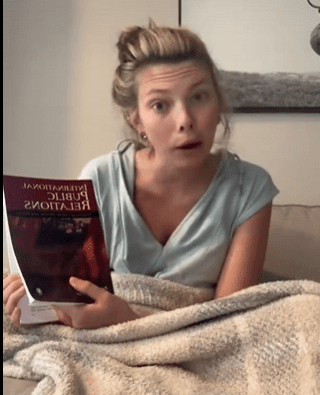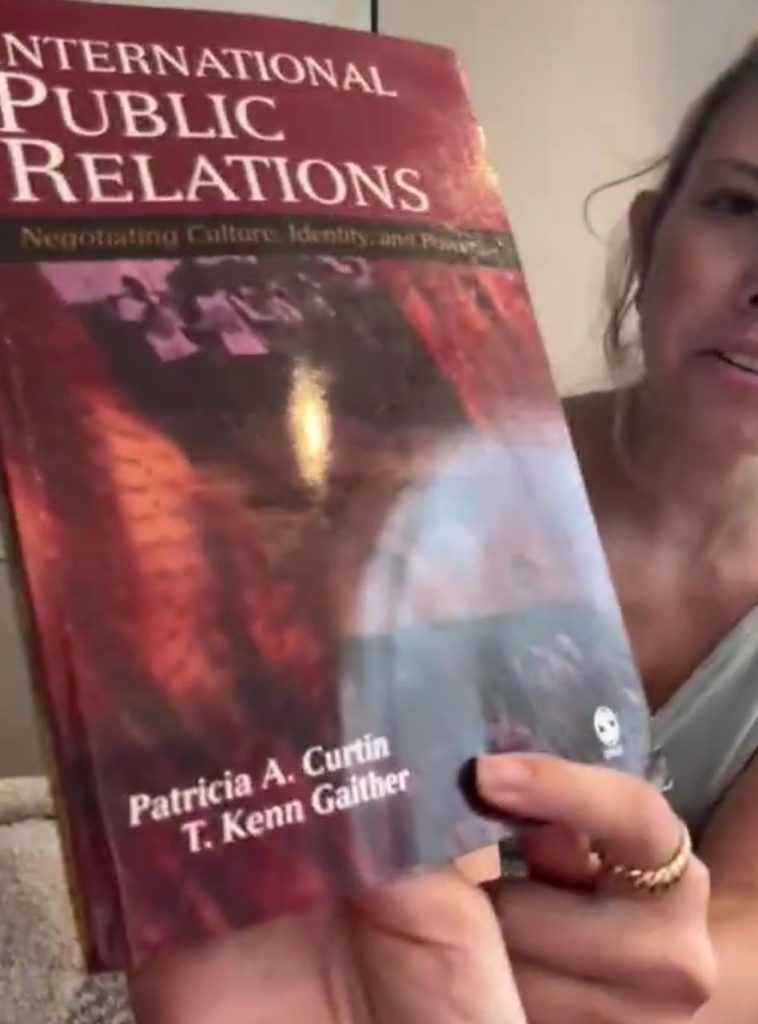University of North Georgia Student Speaks Out After Course Material Links Christians To “White Supremacist Groups”
A student at the University of North Georgia has gone viral after speaking out against a required class reading that she says unfairly links Christians to white supremacist groups. Sitting at home with the book in hand, she recorded a video explaining what she had just read in her international public relations course. The chapter, titled “Contested Identities: Shifting Publics in a Globalized World,” listed various identity categories, and in the section she stopped on, the authors referred to “Christian” as an example of a U.S.-based white supremacist group. For her, the words were so jarring that she put the book down and decided to record her reaction in real time.

She admitted that she might get “canceled” for speaking out, but she said she was angry and heartbroken to see her faith described this way in an academic setting. She explained that she is a Christian, and to read her identity labeled alongside supremacist groups was not only offensive but deeply misleading. “If you’re reading this and you are a Christian, you are not a white supremacist,” she said firmly in her video. Her frustration was clear as she questioned why this kind of language was included in the material and why it was being presented to students as required reading.

The student shared that she had always tried to respect different perspectives, but in this case, she felt that the book crossed a line. In her view, conflating Christianity with extremist movements was not an example of critical discussion but rather a sweeping and unfair generalization. She asked why authors and educators were not being held accountable for words that could harm or stigmatize millions of people who identify as Christian but have no association with hate groups.

Her video struck a chord online, quickly spreading across social platforms, where many agreed with her outrage. Some pointed out that higher education should encourage open debate and understanding, not push labels that alienate students for their faith. Others shared their own experiences of feeling like their religious identity was treated with suspicion or dismissed in academic spaces. The fact that this was part of required coursework only heightened the concern.
What made her words resonate was not just the anger but also the vulnerability she showed. She admitted she was nervous to post the video and that backlash might come her way, but she felt it was important to stand up for herself and other students who might feel the same way. She ended her message by asking if the same standard applied to everyone—if authors and professors could say things like this about Christianity, why wasn’t there accountability? She even wondered aloud if people would try to “cancel” her for daring to call it out.
At its heart, her reaction was not just about a single page in a textbook but about the bigger picture of what students are being taught. For her, it was about respect, accuracy, and the right to practice her faith without being smeared by academic rhetoric. And in speaking up, she reminded others that sometimes the most powerful moments come when ordinary people decide not to stay silent.



